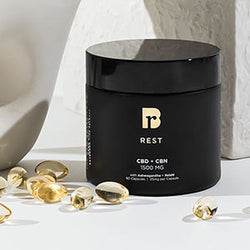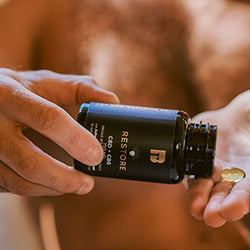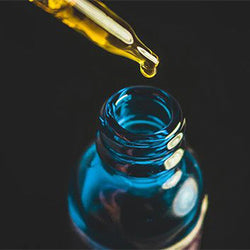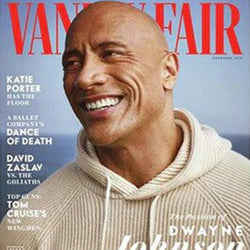
11th November, 2019
The drug advisory body NICE (National Institute for Health & Care Excellence) has issued draft guidelines for the use of two Cannabis-based medicines by the NHS in England.
Epidyolex has been approved as a supplementary therapy, alongside clobazam, to treat seizures associated with two rare and severe forms of epilepsy, Lennox-Gastaut and Dravet syndrome.
Specialist doctors can prescribe this Cannabidiol (CBD) oral solution, which is free from the psychoactive compound THC.
A second medicine, has been recommended as a treatment for muscle spasms in Multiple Sclerosis (MS). This spray combines whole-plant extracts from two strains of Cannabis plants to achieve a 50:50 ratio of CBD and THC. It has been available though the NHS in Wales since 2014 at a cost of around £2,000 per year per patient.
Since a change in the law in November 2018, Cannabis-based medicinal products can be prescribed in the UK by specialists. However, the lack of clinical research and clear guidance from NICE has meant doctors have been reluctant to do so.
NICE have said that current limited research is inadequate to make assessments as to the effectiveness of Cannabis-based medications for treating other conditions.
The broadening of treatment options available to patients has been welcomed by many campaigners.
Dravet Syndrome UK Chairperson Galia Wilson said, “Many families come to us asking about the potential of cannabis-based medicines, particularly cannabidiol (CBD), and we are thrilled that one is now available on the NHS.”
However, some argue the guidelines have missed an opportunity.
Chair of the Medical Cannabis Clinicians Society Professor Mike Barnes told the Pharmaceutical Journal the guidance showed “disregard for international evidence and for highly authoritative studies of the evidence, such as the National Academies report from [the United States]”.
End our Pain spokeswoman Millie Hinton told the BBC, "This restrictive guidance is condemning many patients to having to pay for life-transforming medicine privately, to go without or to consider accessing illegal and unregulated sources."







